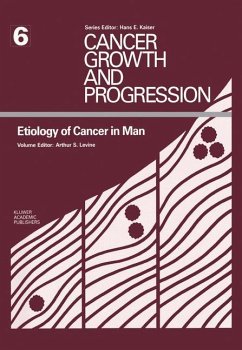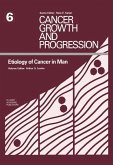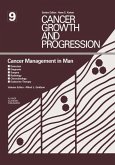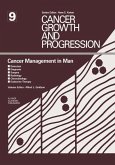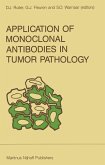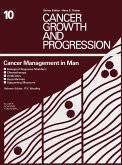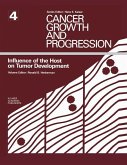This volume reviews our current knowledge concerning can Several chapters discuss the contributions of genetic asp cer growth and progression as it relates to the etiology of ects, metabolism, endocrine-related aspects and nutrition to human cancer. As emphasized in Volumes I-V of this series, cancer progression. Moreover, our current knowledge con neoplastic diseases are multistep maladies. There are many cerning urbanization factors, radiation, therapy-induced causes for the appearance of neoplastic diseases. Earlier neoplasms, environmentally induced neoplasms (e. g. , chapters in the series have reviewed molecular and cellular mesotheliomas induced by asbestos) and malignant neo aspects of tumor initiation, promotion and progression to plasms in organ transplant recipients are summarized. the invasive and metastatic phenotype. Contributions to the The impact of AIDS on neoplasm development is re initiation and progression of neoplastic diseases are made by viewed from an epidemiologic perspective that explores mul natural features of the environment and by its contaminants tiple facets of immunity, infectious disease, sexual behavior and by nutritional factors. Neoplastic diseases show a dis and blood transfusion. Other chapters investigate the in tinct relationship to a variety of environmental stimuli and fluence of the host immune response in oncogenesis and the to diseases of a non-neoplastic nature. For example, familial relationship between atherosclerotic plaques and tumors.
Hinweis: Dieser Artikel kann nur an eine deutsche Lieferadresse ausgeliefert werden.
Hinweis: Dieser Artikel kann nur an eine deutsche Lieferadresse ausgeliefert werden.
